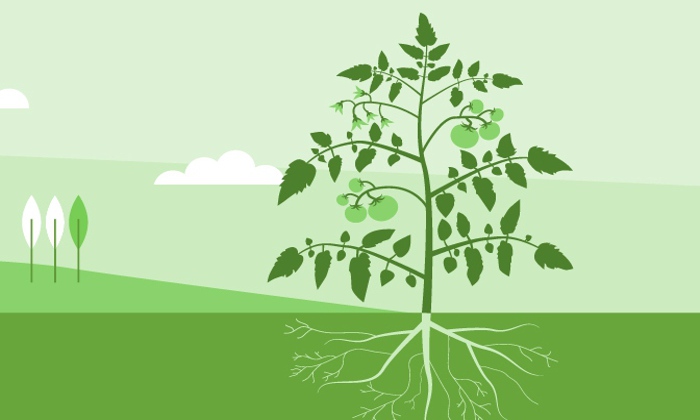How we’re bringing soil back to life to ensure food security
12 May 2021
University researchers are establishing novel approaches to repair soil systems, helping them grow back greener, and influencing national policy in 194 UN member states

Soils that are rich in life are vital for our survival but a third of the planet’s soils have been degraded. Our University is tackling this global emergency by establishing novel approaches to repair soil systems, and helping them grow back greener.
This research has explored the importance of healthy soils in sustainable land management, their role in responding to climate change, and their use as a form of natural capital.
This work delivers on the UN Sustainable Development Goal 15: protect, restore and promote sustainable use of terrestrial ecosystems, sustainably manage forests, combat desertification, and halt and reverse land degradation and halt biodiversity loss.
Soils provide a foundation for all life on land, sustaining 95% of food production, filtering our water and helping us to combat and adapt to climate change. However, intensive farming, fertilisers, pesticides, pollution and sealing by buildings, pavements and roads, are hampering it from functioning as healthy soil.
Researchers examined degraded soils of grasslands in Kenya and China to understand the role of soil biodiversity in creating and supporting healthy ecosystems.
They found that by harnessing ecological connections between native soil microorganisms (bacteria, fungi, algae) and native plants, they can accelerate the recovery from degraded to healthy soil.
There are major gaps in the scientific understanding of soil functions and management techniques which also contribute to unhealthy soil. Clear policy guidance is needed to sustainably manage global soils.
This work raised public and policy awareness of the vital importance of soil biodiversity, and how these soils can be restored and protected on a global scale.
Manchester soil scientists were involved in the first ever report on global soil biodiversity, which was commissioned by the United Nations Food and Agriculture Organization (FAO), and received widespread media coverage, including in The Guardian, the BBC and France 24. The FAO will use the report to influence how its 194 member states integrate soil protection into national policy.
The impact of this work goes beyond influencing policy – continued research is helping to directly restore degraded soils and halt biodiversity loss. The team are also seeking to provide accessible and practical knowledge and tools for local communities to use to repair soils.
Richard Bardgett, Professor of Ecology in the School of Earth and Environmental Sciences, said: “Soils that are rich in life are vital for our survival. Our research at Manchester has shown that ecological interactions between plants and soil life are of crucial importance for sustaining plant growth and the functioning of soils in natural ecosystems.
“We are now harnessing this knowledge to promote indigenous soil microbiomes and their intimate relations with native plants to accelerate the recovery of degraded soils. We hope that this work will help reverse the trend of soil degradation and ensure future food security.”
- Find out how we're confronting the challenges facing humanity and the natural world in our Sustainable Development Goals report.
